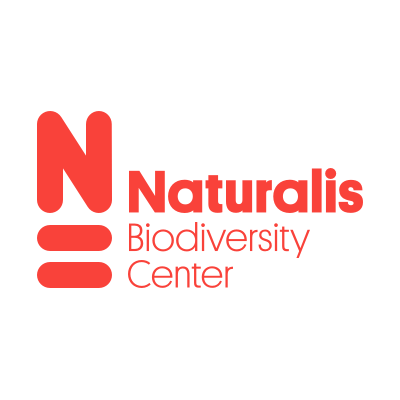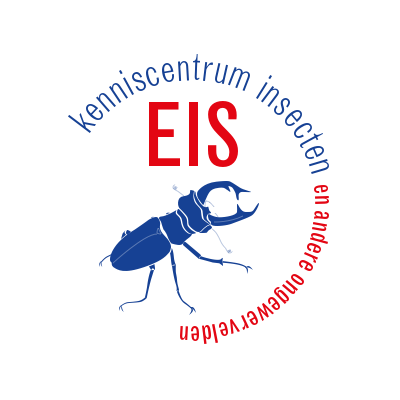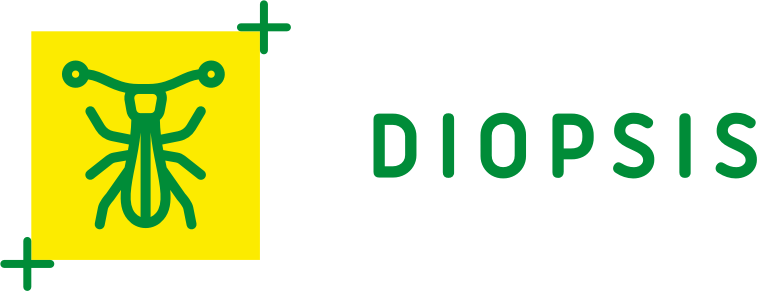Team
Partners

Naturalis Biodiversity Center

EIS Insect Knowledge Centre

Cosmonio
Project roles: image recognition software, product development

Radboud University
Project roles: research on different setups and requirements for trend analyses
Participants
Province of North Holland, Municipality of Amsterdam and Provincial Water Supply Dunes North Holland and HNK Water Board
A total of 22 cameras distributed across nature reserves, urban areas and agricultural areas. Five cameras are in the dunes of PWN. Also five in the municipality of Amsterdam, both in gardens and on roofs. And three in the Hoogheemraadschap Hollands Noorderkwartier. The cameras commissioned by the province of Noord-Holland are in agricultural areas, with an emphasis on agriculture in transition.
Cameras in North Holland
Province of South Holland
A total of 30 cameras in natural areas, in urban areas and in agricultural areas. In the urban areas, cameras will be placed both in highly fossilised environments (concrete) and in green lungs.
Cameras in Zuid-Holland
Province of Zeeland
A total of 18 cameras in nature reserves and agricultural areas on Schouwen, Zuid Beveland and the east of Zeeuws-Vlaanderen.
Cameras in Zeeland
Province of Gelderland
A total of 10 cameras in nature reserves (Hoge Veluwe, Korenburgerveen) and agricultural transition areas (Velhorst near Almen, Ooijpolder). The cameras on the Hoge Veluwe are placed near nesting boxes for wheatears.
Cameras in Gelderland
Province of Friesland
A total of 9 cameras are located in urban, agricultural and natural areas.
Cameras in Friesland
Province of Flevoland
A total of 5 cameras are spread over urban, agricultural and natural areas.
Cameras in Flevoland
University of Groningen, World Wildlife Fund
DIOPSOIS cameras will be placed from the end of March onwards in the area in Southwest Friesland (near Workum) where the University of Groningen has been researching Black-tailed Godwit for many years. The aim is to inventorise which insects suitable for breeding Black-tailed Godwit are present and in what densities. A direct comparison is made between traditional agriculture, agriculture in transition and high-quality black-tailed godwit pastures.
Cameras in Friesland
Utrecht Landscape, Soesterberg
Two cameras measure at the former Soesterberg airbase. The results of these cameras are compared with the catches of the nearby insect trap (Malaise). In this way, the results of the cameras can be compared to other methods. In addition, Utrechts Landschap selflessly helps with the storage of material.
Cameras in Soesterberg
Financial support
The development of the camera system in 2019 was made possible thanks to financial
support from the Ministry of Agriculture, Nature and Food Safety (LNV) and the World
Wildlife Fund. The ecological data analysis from 2021 to 2023 by Radboud University is financially supported by the Ministry of Agriculture, Nature and Food Safety (LNV)


